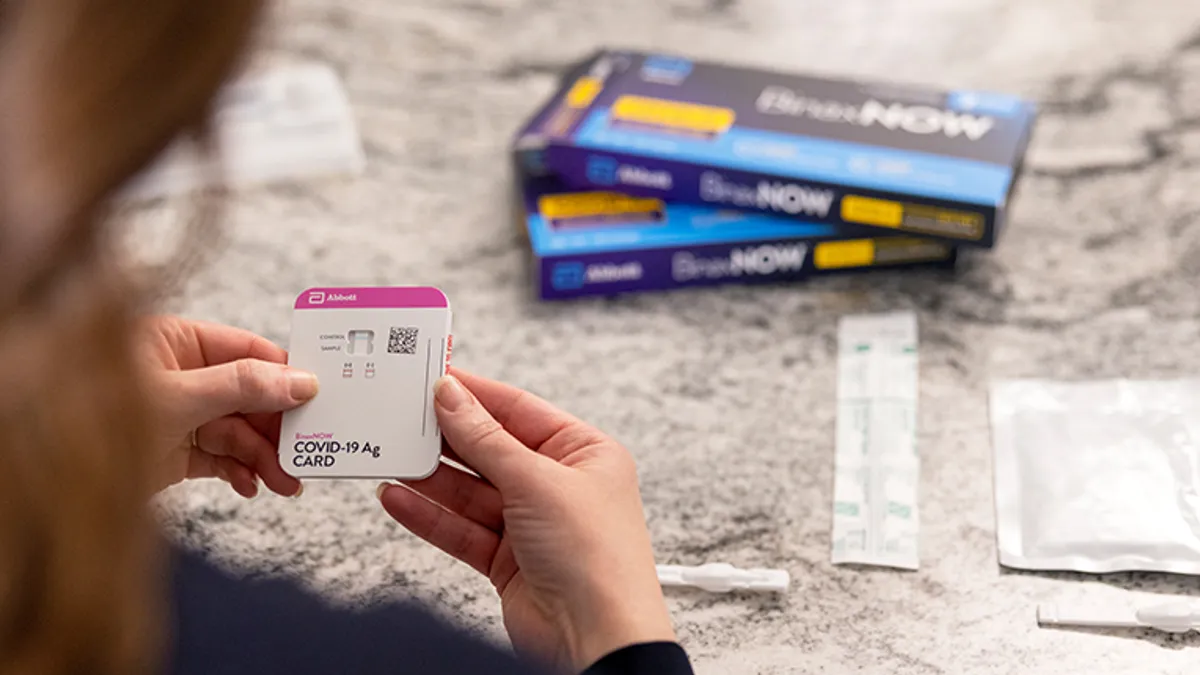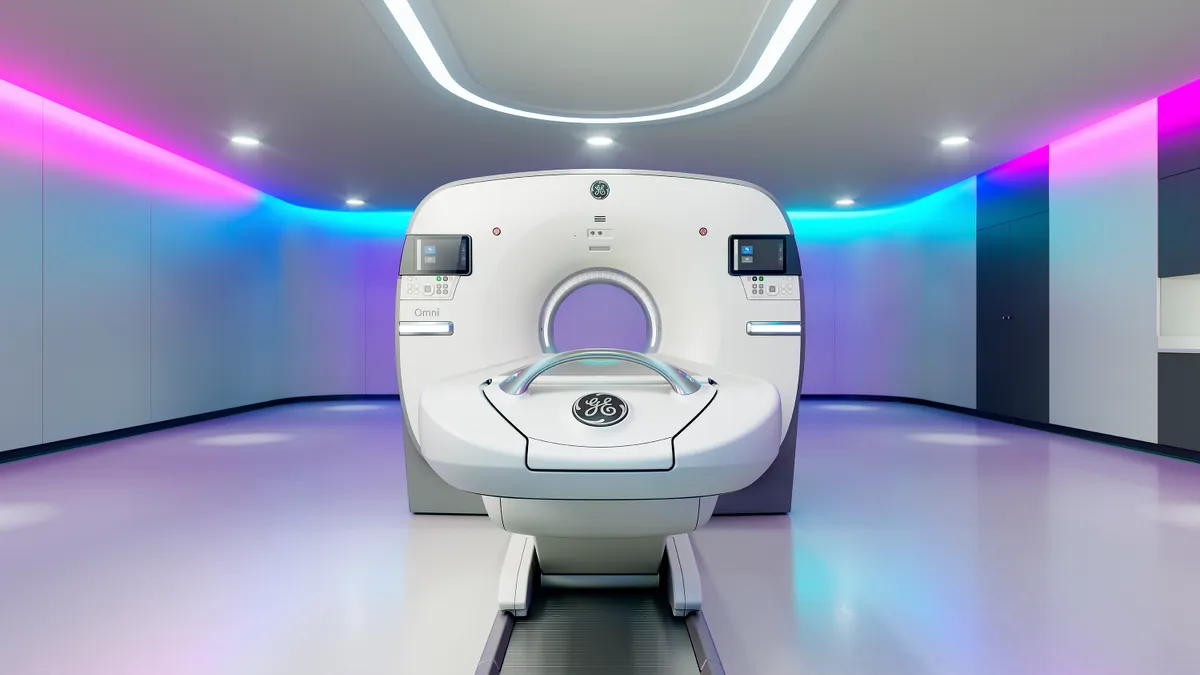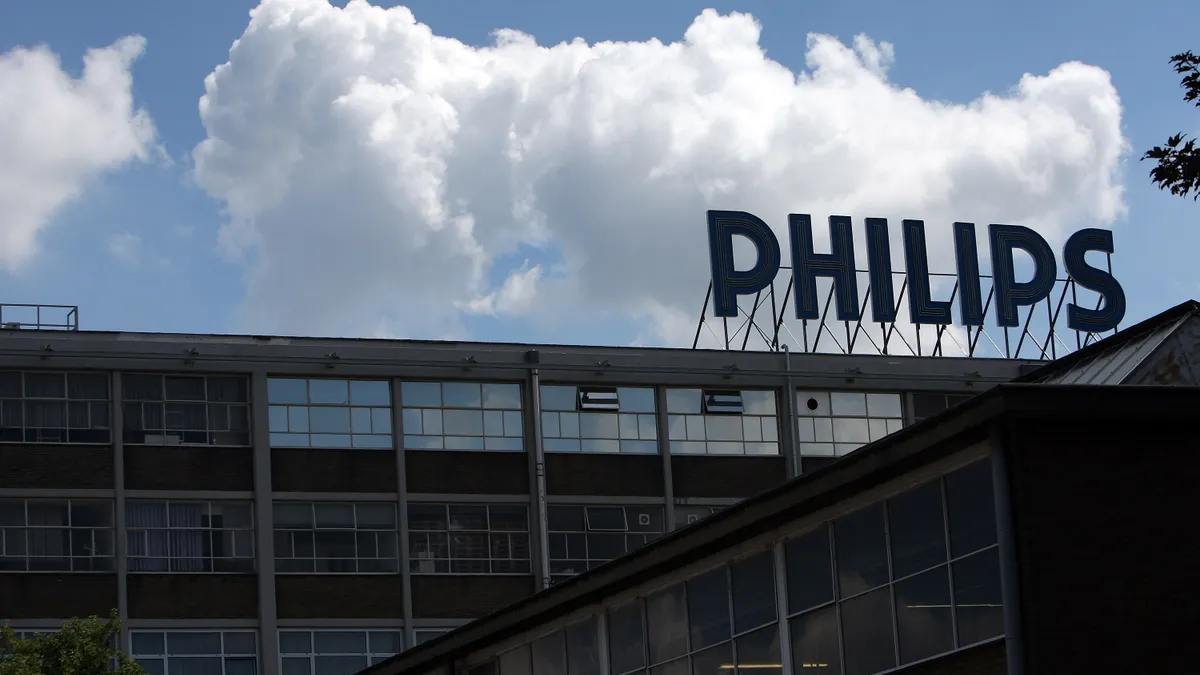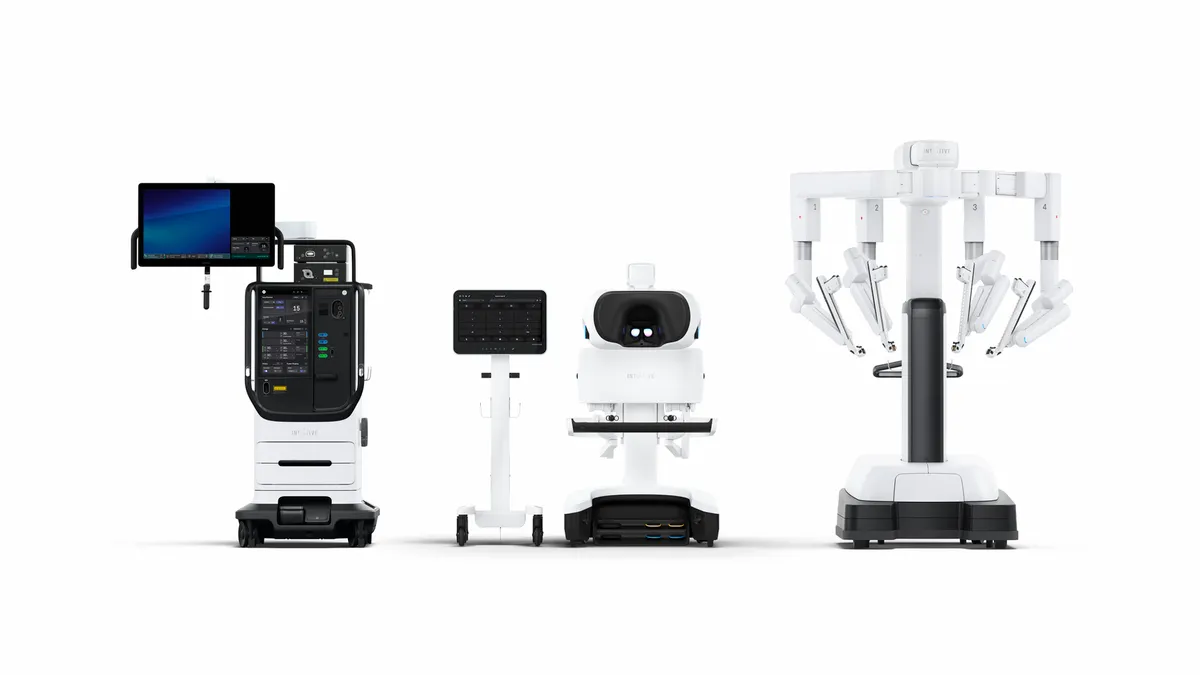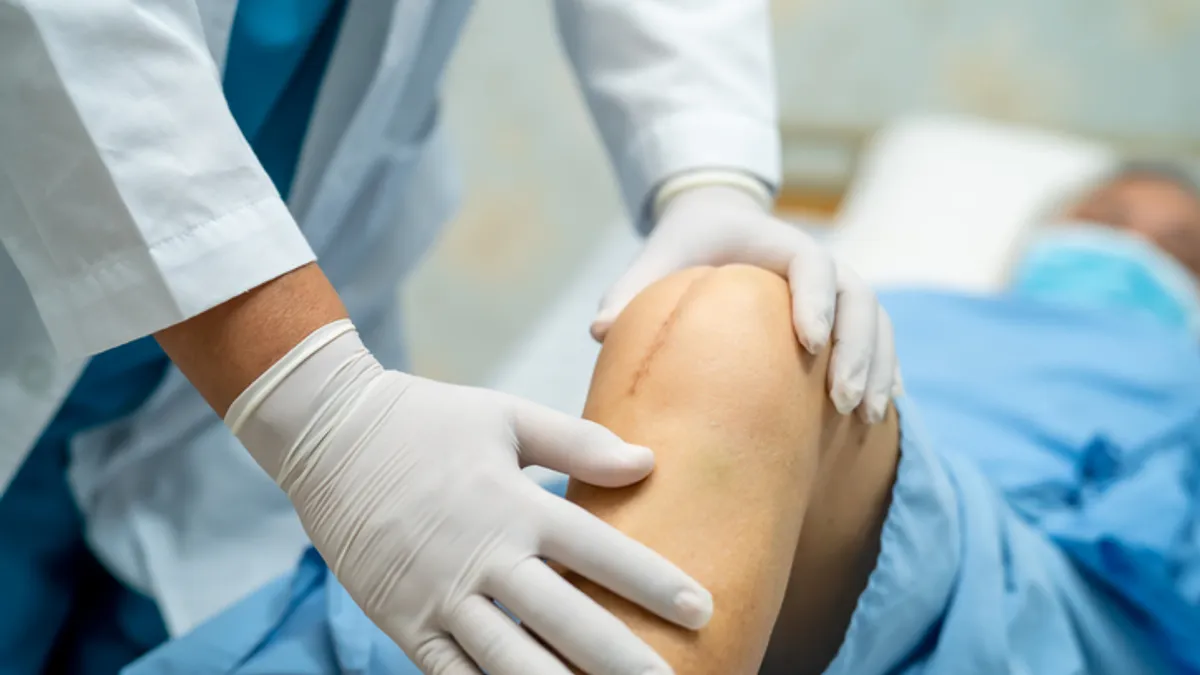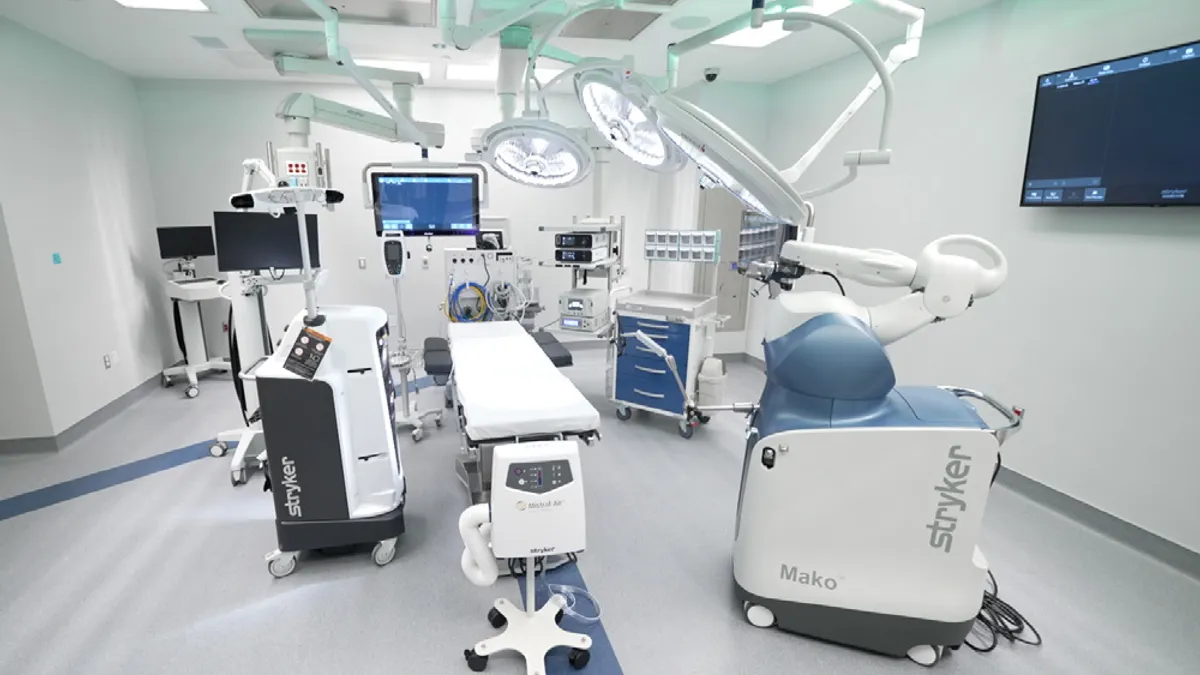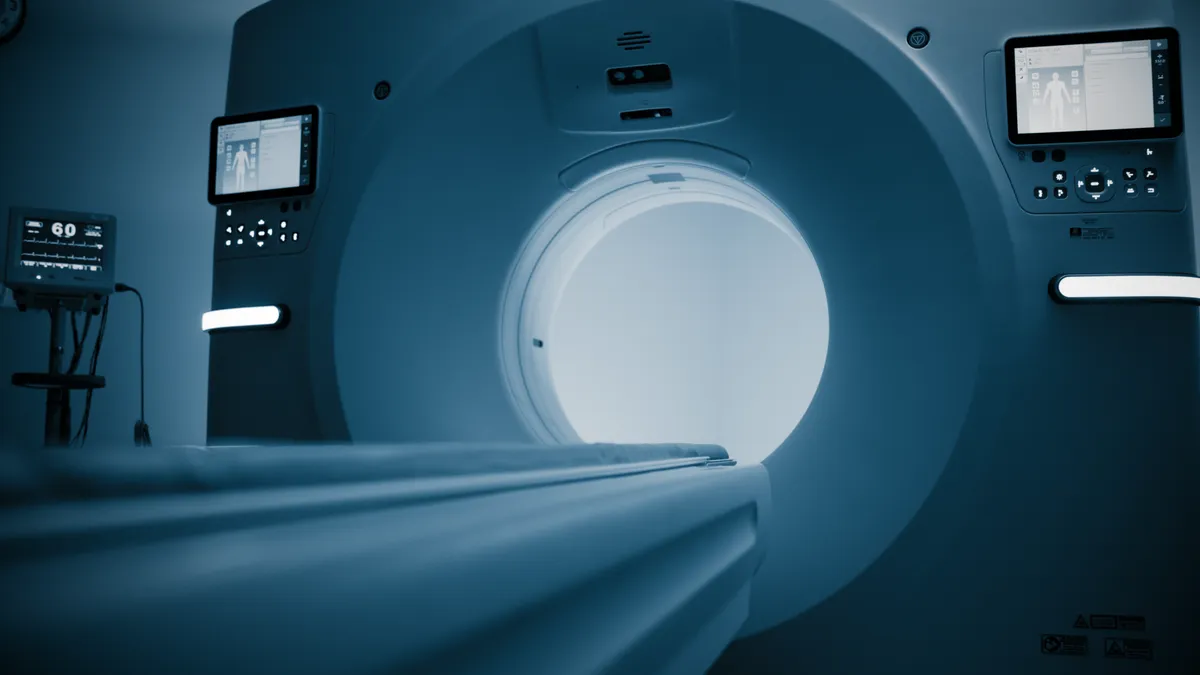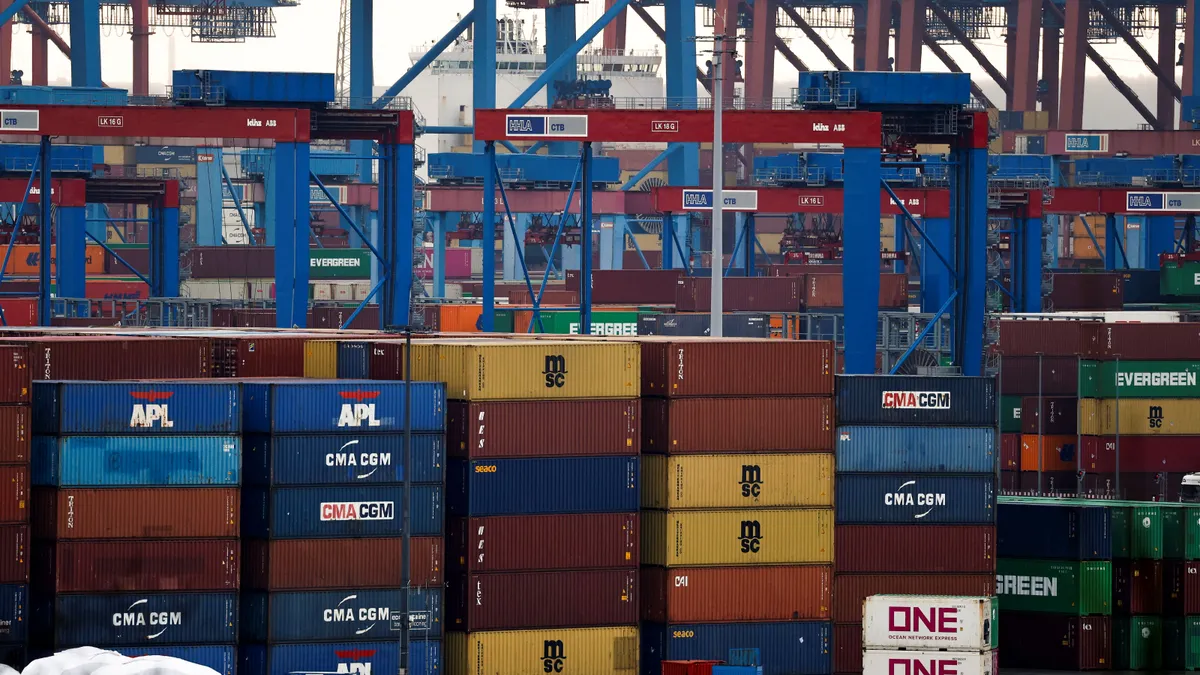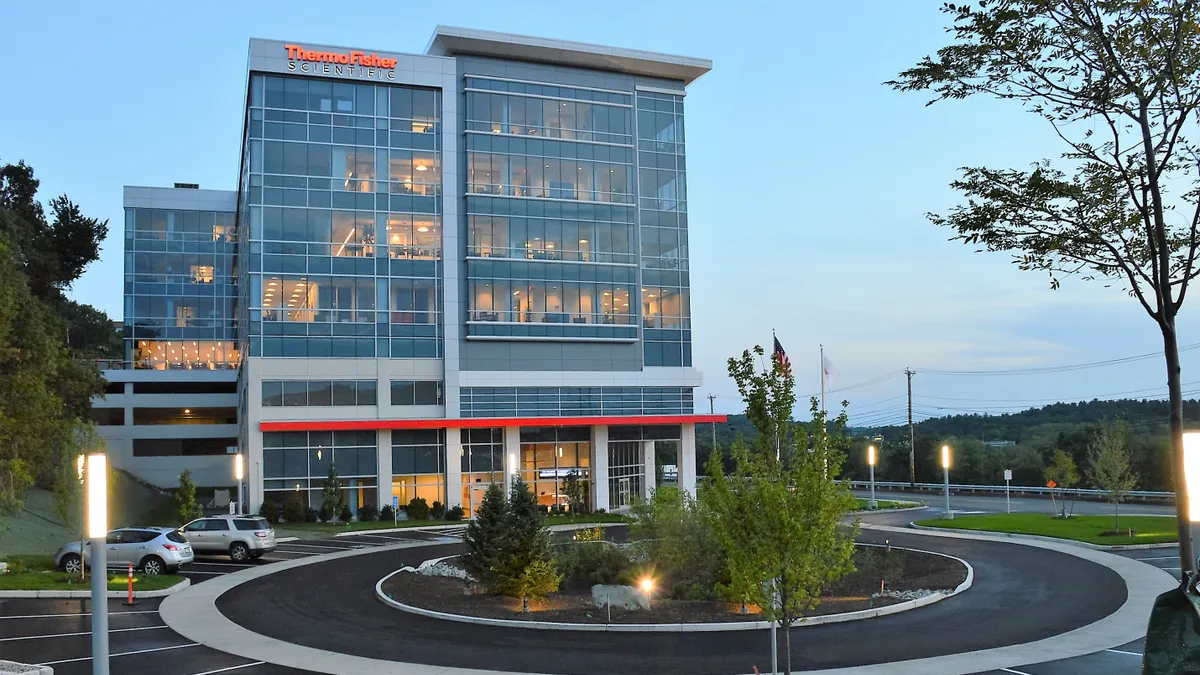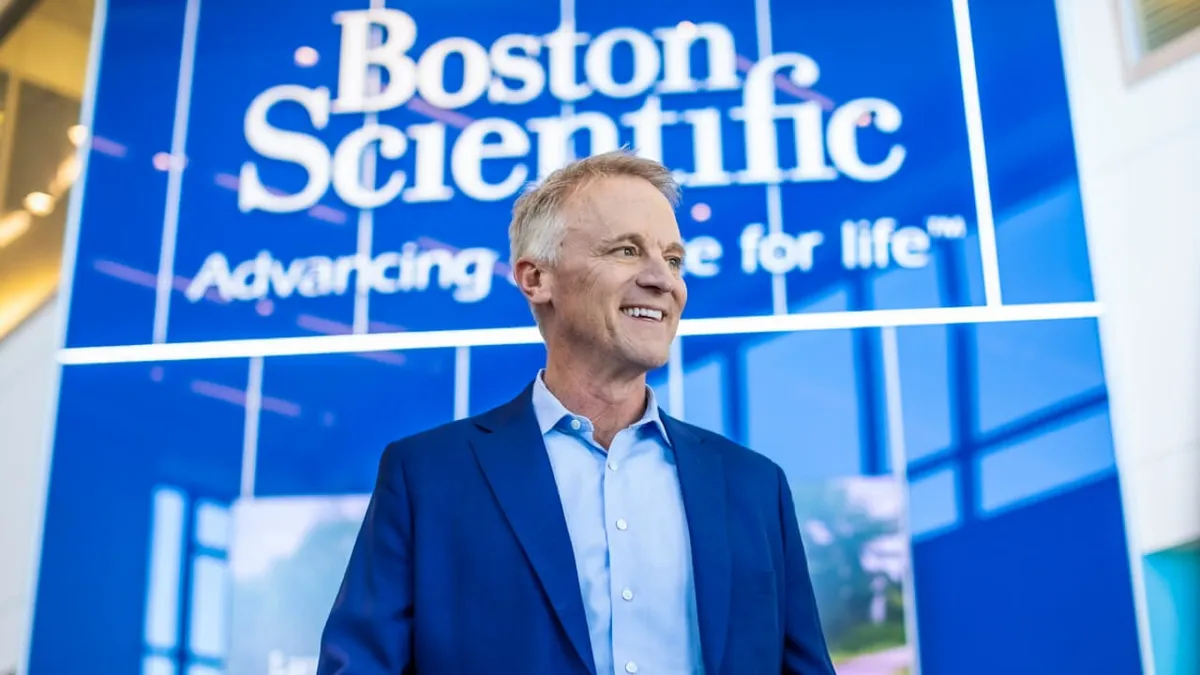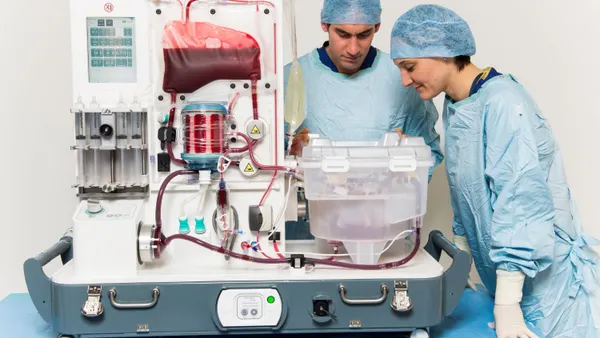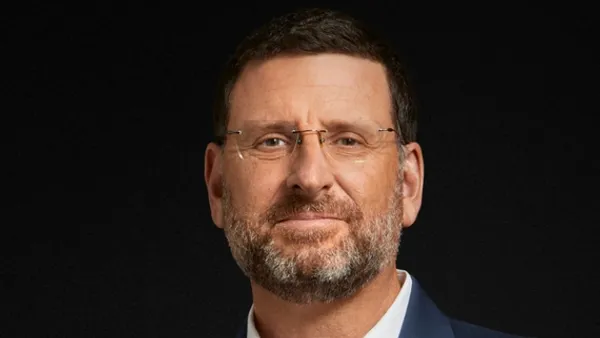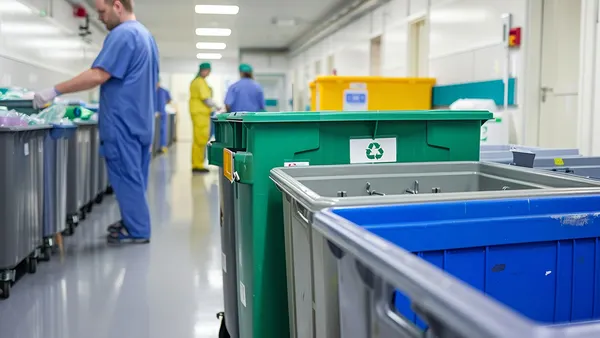Abbott lowered its sales forecast for the year, citing a drop in diagnostic testing. CEO Robert Ford told investors on Thursday that the company is seeing a drop-off in COVID-19 testing sales, challenges in China’s core laboratory market and a reduction in U.S. foreign aid funding for HIV testing, with a combined impact of more than $1 billion.
The company reduced its 2025 organic sales growth forecast to a range of 6% to 7%, from the previous forecast of 7.5% to 8.5% shared in the first quarter.
“Even with that billion dollars, we're still forecasting high single-digit growth and absorbing the impact of tariffs,” Ford said.
The company now expects “just under $200 million” of impact from tariffs. CFO Phil Boudreau said the amount was down from previous estimates, when the company had outlined “a few hundred million” in tariff costs.
Discussing how the company plans to mitigate tariffs, Ford said that Abbott plans to open a new cardiovascular manufacturing facility in Georgia in 2028.
“Once tariffs get set in place, they're very difficult to walk away from,” the CEO said, “so we have to think medium term, but also long term.”
Growth in medical devices, diabetes
A bright spot for Abbott was its medical device segment, which grew by more than 13% to $5.37 billion in sales. The company’s diabetes segment grew by more than 20% to $1.98 billion.
Analysts asked about Abbott’s plans for a dual analyte sensor that would provide glucose and ketone readings. The company recently showcased the device during the American Diabetes Association’s Scientific Sessions.
Ford declined to provide a timeline or pricing details for the planned device. BTIG analyst Marie Thibault wrote in June that Abbott’s management expects a launch sometime next year. The company is also partnering with insulin pump companies, including Tandem, Sequel Med Tech and Beta Bionics, to support the new sensor.
“I think this is going to be a real next-level, significant change in the CGM market,” Ford said, specifically for intensive insulin users.
Abbott’s electrophysiology business, with the company’s new Volt pulsed field ablation device to treat cardiac arrhythmias, grew by 11.5% to $700 million.


